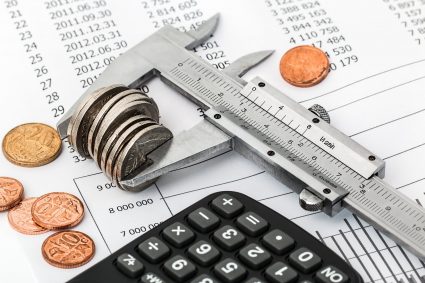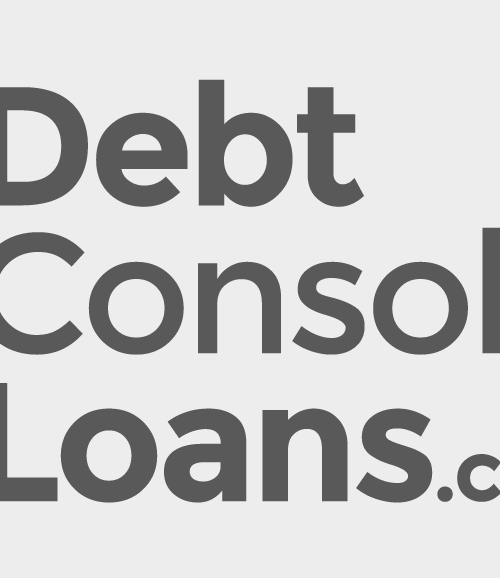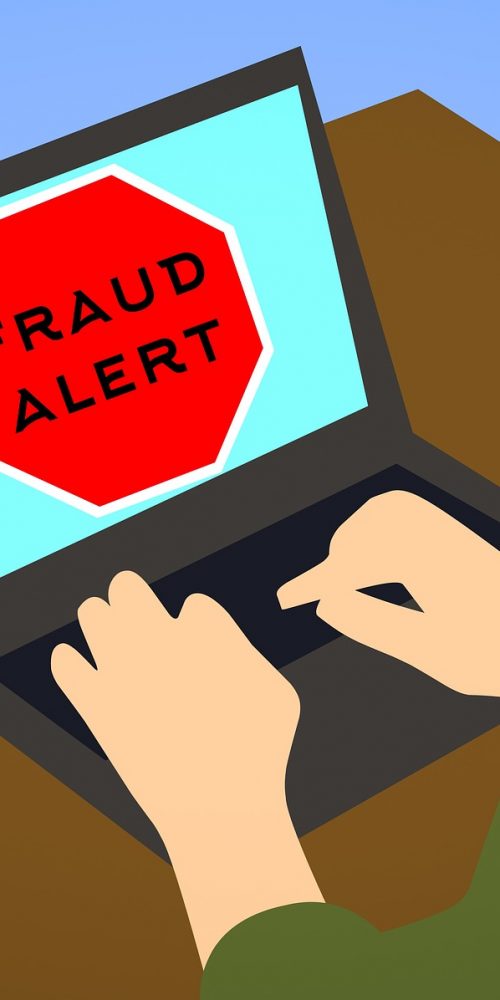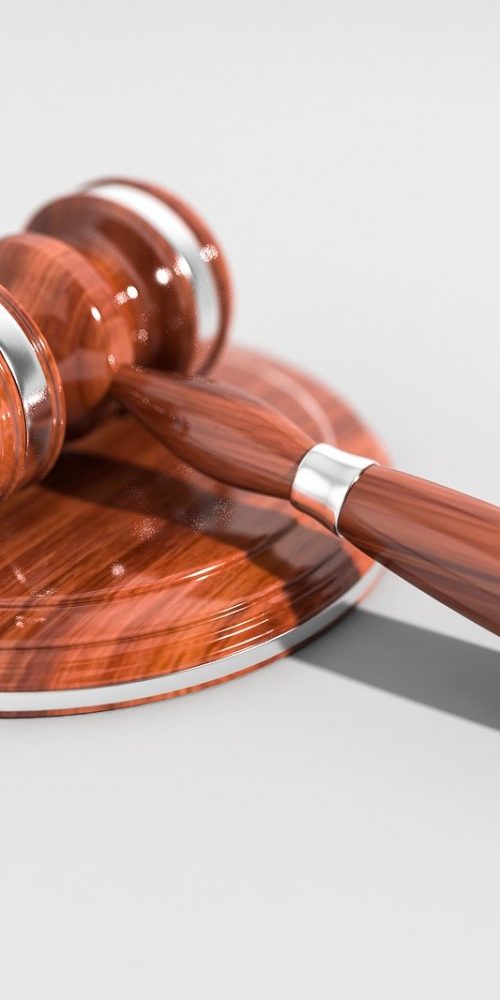 Self-employed Debt Advice & Debt Consolidation Help
Self-employed Debt Advice & Debt Consolidation Help
We speak with a lot of people who are self-employed and continuously worry about debts they may have and the implications of being self-employed. We get asked numerous times and we are happy to help with our brief guide to self-employment debt advice.
Help and advice for people seeking financial solutions, such as debt consolidation, is at hand for those who need it. However, for the self-employed, the help and advice surrounding financial solutions and debt consolidation are a bit more specialised. We’ll take you through all the options to show you what would work best for you and your situation.
How to calculate debt to income ratio for self-employed
Your debt-to-income ratio is a way of measuring your personal finances so that lenders can assess you before approving a loan. The ratio looks at your monthly debt payments compared to your monthly gross income. The result is shown as a percentage of your income that goes towards debt repayments each month.
You can calculate your debt-to-income ratio with a simple equation:
- Divide your total monthly debt payments by your total gross monthly income
- Then, multiply this amount by 100 to make it into a percentage
How to get out of debt when self-employed
Getting a loan when you are self-employed can seem tricky, but it is possible. Lenders do offer loans to self-employed people, even though the options are a bit more limited. You will still need to have a good credit history and meet the lender’s eligibility.
You can apply for:
A personal loan
This type of loan is unsecured to assets, so you will need a good credit record to get a self-employed personal loan.
A secured loan
Your employment history or documented income might rule you out of an unsecured personal loan. A secured loan might be the best option for you. This is a personal loan that leverages the equity you have in a property – often your home- as security against the loan. It can offer lower interest rates than personal loans. If you’re self-employed and working from a home you own, a secured loan could be the best option for you.
A guarantor loan
A guarantor loan means that a third party, like a friend or family member with a good credit record, will act as guarantor for the loan. This means that, if you miss a payment or are unable to repay the loan, it falls to the guarantor to repay the loan. Interest rates on guarantor loans can be higher than on standard personal loans.
A business loan
If you need funding to support your business, a business loan might be your best option. The lender’s decision will be based upon your business accounts.
 Debt consolidation loan for self-employed
Debt consolidation loan for self-employed
If you would like to bring your debts together under one loan, then you should consider a self-employed debt consolidation loan. A self-employed loan would allow you to consolidate your debts under one loan, so that you only have to make one repayment every month, to one lender, with one interest rate. This means you can consolidate existing credit cards, overdrafts and other loans into one payment.
Self-employed debt consolidation benefits
There is one genuine benefit to self-employed debt consolidation, and that is the control that it offers over your finances.
Running your own business is a never-ending job and all your energy goes into the job at hand. A self-employed debt consolidation loan means that you can move from:
- a financial model where you have multiple monthly payments with different lenders with different interest rates that leave your account on different days
- to one single monthly fixed payment to one lender with only one interest rate.
This can simplify your finances considerably and make them easier and more efficient to manage, which gives you more time to get on with running your business and keeping your clients and customers happy.
Debt consolidation against your house for self-employed people
If you’re self-employed, you can consider a secured debt consolidation loan. This means that you are able to secure the amount of the loan against a property, which is often a home. Known as a secured debt consolidation loan, this means that you might be able to get better interest rates than an unsecured, or personal loan. A self-employed debt consolidation loan means that you can manage your debt more easily, with one loan and one fixed monthly repayment, with one lender and one interest rate.
 Other debt management plans for self-employed
Other debt management plans for self-employed
If you are self-employed and seeking financial easing, you might want to consider a Debt Management Plan (DMP).
Debt Management Plan
A DMP is an informal arrangement that allows you to repay your creditors, in full, without having to borrow more money. A DMP could work for you if your business is in good financial health, but you are struggling financially on the personal side. It can be hard to get creditors to accept lower payments and reduce – or freeze – interest rates.
Individual Voluntary Agreement
An Individual Voluntary Arrangement (IVA) for the self-employed is a legally binding agreement between you and your creditors.
What is an IVA?
An IVA is an Individual Voluntary Arrangement for the self-employed. An IVA is a legally binding agreement between both you and your creditors that may be a more viable and suitable option than bankruptcy. With an IVA, you agree with your creditors to pay off a part of your debt over a fixed period. This fixed period in often five or six years. At the end of the fixed time period, and if you’ve maintained your repayment schedule in full, your creditors will write off your outstanding debt. You can keep trading under an IVA.
How can an IVA help me?
An IVA can be a very workable option for self-employed businesses who want to continue trading and who want to protect their assets. An IVA means that you will come to an agreement with your creditors that will result in a fixed monthly repayment for a fixed period of time, over five or six years. If the repayments have been made on time and in full, the remainder of the debt will be written off. This is suitable for self-employed professionals who want to take control of their debts but still continue to trade.
Can I get an IVA if I’m self-employed (Individual Voluntary Arrangement)?
Yes, if you are self-employed you are eligible for an Individual Voluntary Arrangement (IVA). This option can work well if you are self-employed and offer a real alternative to bankruptcy. With an IVA, it is more likely that you can continue to trade, without restriction, and you can keep your assets, whereas in bankruptcy they would be sold off to raise funds for creditors.
With an IVA, you will have an Insolvency Practitioner (IP) to whom you will make one affordable payment every month. Your IP will then make payments to your creditors on your behalf. If you keep up your monthly payments for the full fixed term, then a large part of your debt will be written off at the end of the term. Your monthly payment rate will take into account your household living expenses.
Can I get a business bank account with an IVA?
The short answer is yes; however, it is not as simple as it seems. It is very likely that high street banks would refuse an application to open an account for those with an IVA. This will become apparent during the credit checks in the application process. There are other business banking providers that might be a more viable option. These providers do not offer credit and so do not run credit checks.
Debt Relief Order
A Debt Relief Order (DRO) could be the best option for you if you do not own your own home if you are not asset-rich and if your income isn’t enough to pay your creditors.
What is a DRO?
A Debt Relief Order (DRO) is an option that could be available to self-employed sole traders or if you are in a partnership. A DRO can also be a sound option if you do not own your own home, if you do not have many assets or if your income isn’t enough to pay your creditors. A cheaper option than bankruptcy, a successful DRO application will mean that creditors cannot take action to recover your debts for the first 12 months, with your debts written off after 12 months.
How does DRO work?
A DRO, or Debt Recovery Order works by buying you some breathing space from your creditors. A DRO means that creditors cannot take action to recover your debts for the first 12 months, with your debts written off after 12 months. Not all self-employed can apply; you must be a sole trader or in a partnership. Directors of a limited company or those with shares in a limited company cannot enter a DRO. DROs have strict criteria that have to be met to be eligible.
Can you get a DRO (Debt Relief Order) if self-employed?
Yes, but there are certain tight restrictions on the type of self-employment that is eligible. You can apply for a DRO if you are, and remain, self-employed as a sole trader or in a partnership. If you are a director of a limited company or have shares in a limited company, you cannot enter a DRO.
To qualify for a DRO
You must:
- Be unable to pay your debts
- Not have had a DRO in the last six years
- Have total debts of £20,000 or less at the date of application approval
- Have assets totalling £1,000 or less
- Not have a car or motorbike worth £1,000 or more
- Have £50 or less a month spare income after normal household expenses
- Live in England or Wales, or have lived or run a business in England or Wales in the last three years)
Bankruptcy
Bankruptcy needs careful consideration as there are both pros and cons. Bankruptcy means that you can bring your liability for debts to an end because you cannot pay them. If you are personally liable for some business debts, you can include these in your bankruptcy. Assets that you own will be sold to raise funds to pay your creditors but bankruptcy does normally mean that your business will have to close.
Expenses and bad debts if you’re self-employed
When you are self-employed, there are a set of allowable expenses that you can deduct from the amount of tax that you are liable to HMRC for. These include accountancy, legal and other professional fees, bank, credit card and other financial charges, business supplies, certain insurances – such as public liability insurance and certain business and office running costs.
If your customer does not pay you and you use the traditional accounting method, you can claim for amounts of money that you include in your turnover but that you will not ever receive. These are called ‘bad debts’ and you can write off these debts if you are sure that they will not or cannot be recovered in the future.
You cannot claim for all debts, including
- Debts not included in your turnover
- Debts related to the disposal of fixed assets, such as land or buildings and bad debts that have not been properly calculated (estimates are not accepted) for example you cannot just estimate that your debts are equal to 5% of your turnover.
What is a bad debt deduction for self-employed?
Bad debt deduction is the deduction of bad debts from the amount of tax you are liable to HMRC for. Bad debts are amounts of money that you have included in your turnover but have not recovered and are unlikely to recover from customers in the future. You cannot claim for all debts that your business may accrue. You cannot claim for debts not included in your turnover, debts related to the disposal of fixed assets, such as land or buildings and bad debts that have not been properly calculated (estimates are not accepted); for example, you cannot just estimate that your debts are equal to 5% of your turnover.
Bad debt for self-employed cash method
Bad debts are debts that cannot be recovered and will not be recovered from customers. Self-employed people using cash basis accounting cannot claim bad debts back from the tax they are liable to HMRC for because they have not received the money from your debtors. Self-employed people using cash basis accounting only record income on your return that they have actually received.
We offer Debt Consolidation Loans for homeowners.
Our team is on hand to help with number of questions you may have.
If you are struggling with debt, please visit Money Advice Service for help and advice.
We are a broker, not a lender.








